On May 9 and 10, 45 candidates, who are political officers at company to intermediate (brigade) levels; secretaries and deputy secretaries of party cells, were selected from grassroots units in the Corps to compete in 4 parts: Preparing lectures (including paper lectures and electronic lectures); knowledge test; teaching practice; and individual team command test without guns.
According to the Organizing Committee's assessment, the contestants closely followed the content of the lecture outline preparation according to the regulations, many of the contest lectures were carefully prepared and of good quality; the lecture process used methods combined with presentation tools, illustrative video clips, solving problems on the basis of quite profound theory and practice, with visual educational models supporting direct teaching in the hall and serving supplementary activities; mastered the basic content in the knowledge test and handled and answered well the situations in the supplementary questions; the command test performed the content well and the movements accurately.
As for the collective agency block, the first prize belongs to the Logistics Department. As for the division and military school block, the first prize belongs to Division 312. As for the brigade block, the first prize belongs to Brigade 299. As for individuals, there are 3 first prizes.
In his closing speech, Colonel Nguyen Duc Tang, Deputy Political Commissar of the 1st Corps, praised and acknowledged the sense of responsibility of the Organizing Committee, the Jury, the leaders of the agencies, units, and the service staff, especially the efforts, striving, studying, and training of 45 political instructors, which contributed to the success of the contest.
The Deputy Political Commissar of the Corps also requested Party committees, political commissars, political officers, and commanders at all levels to continue to lead and direct the serious implementation of political education work at the unit. Regularly take care of building a team of quality political cadres at all levels, truly a sharp and sensitive force in political education work. For the team of political teachers, they must regularly practice their mettle, actively study and improve their comprehensive knowledge; proactively seek to research, study, accumulate, and enrich their own knowledge, improve their pedagogical methods and teaching skills to meet the requirements of assigned tasks.
The contest is an opportunity for political teaching staff in the entire Corps to exchange and learn from each other, draw useful experiences in political education in general, and political teaching in particular, and at the same time select key personnel to participate in the contest at the military level; contributing to improving the quality of political education work, meeting the requirements of building a strong, comprehensive, "exemplary, typical" unit.
NGUYEN TRUONG
Source



![[Photo] General Secretary To Lam attends the launching ceremony of the website of the Communist Party of Vietnam - 14th National Congress](https://vphoto.vietnam.vn/thumb/1200x675/vietnam/resource/IMAGE/2025/9/12/0d4fce7dbce2409cb3c03c21fdf3c3b5)
![[Photo] Launching Ceremony of the Specialized Electronic Information Page of the Communist Party of Vietnam - 14th Congress](https://vphoto.vietnam.vn/thumb/1200x675/vietnam/resource/IMAGE/2025/9/12/4c1b894be2ea4e3daccfd8c038b6fb46)

![[Photo] Thac Ba Lake: Towards an international-class tourism, resort and cultural center by 2040](https://vphoto.vietnam.vn/thumb/1200x675/vietnam/resource/IMAGE/2025/9/12/0940443efe0a427b88707caadba1cc41)







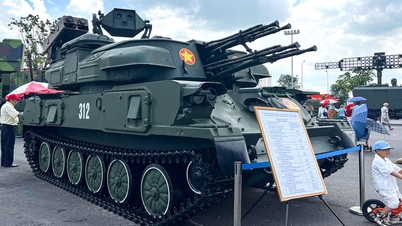









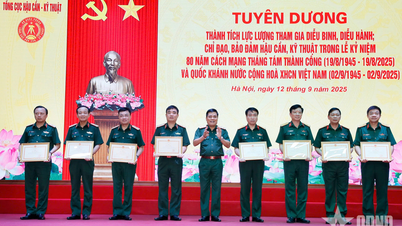



![[Photo] Where the history of resistance comes alive with modern technology at "95 years of the Party Flag lighting the way"](https://vphoto.vietnam.vn/thumb/1200x675/vietnam/resource/IMAGE/2025/9/12/81c1276f52b849c8b16e2d01dd1c85e4)






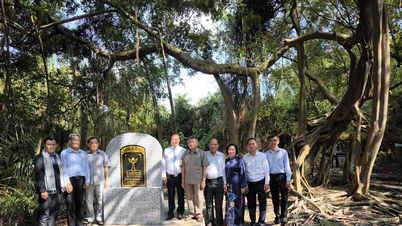

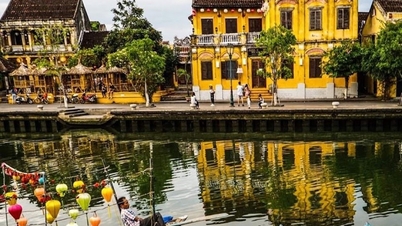




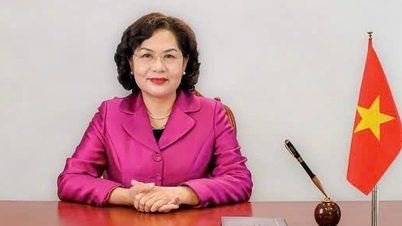








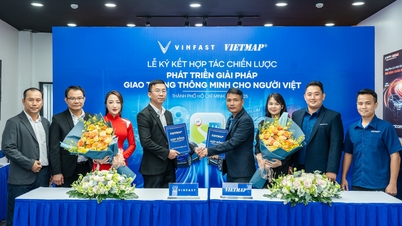
















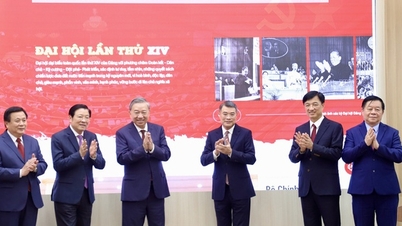

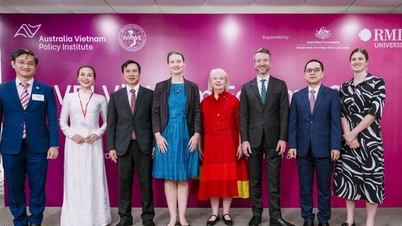




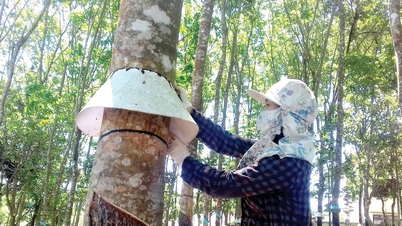









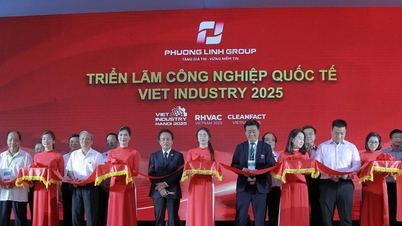






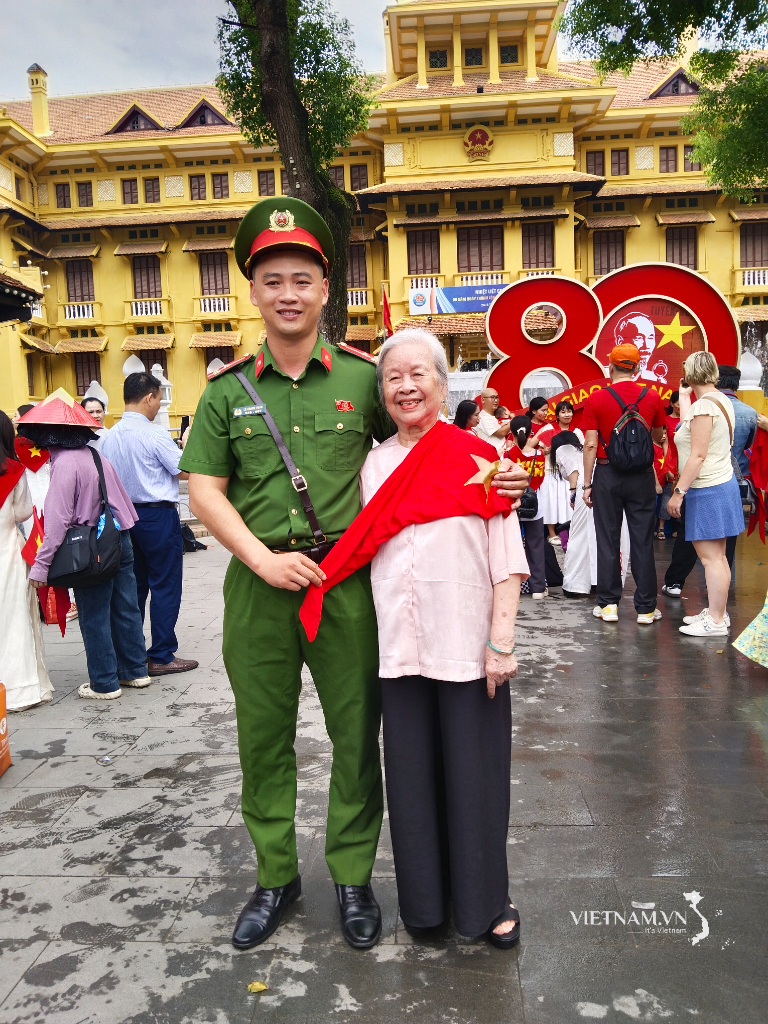


Comment (0)